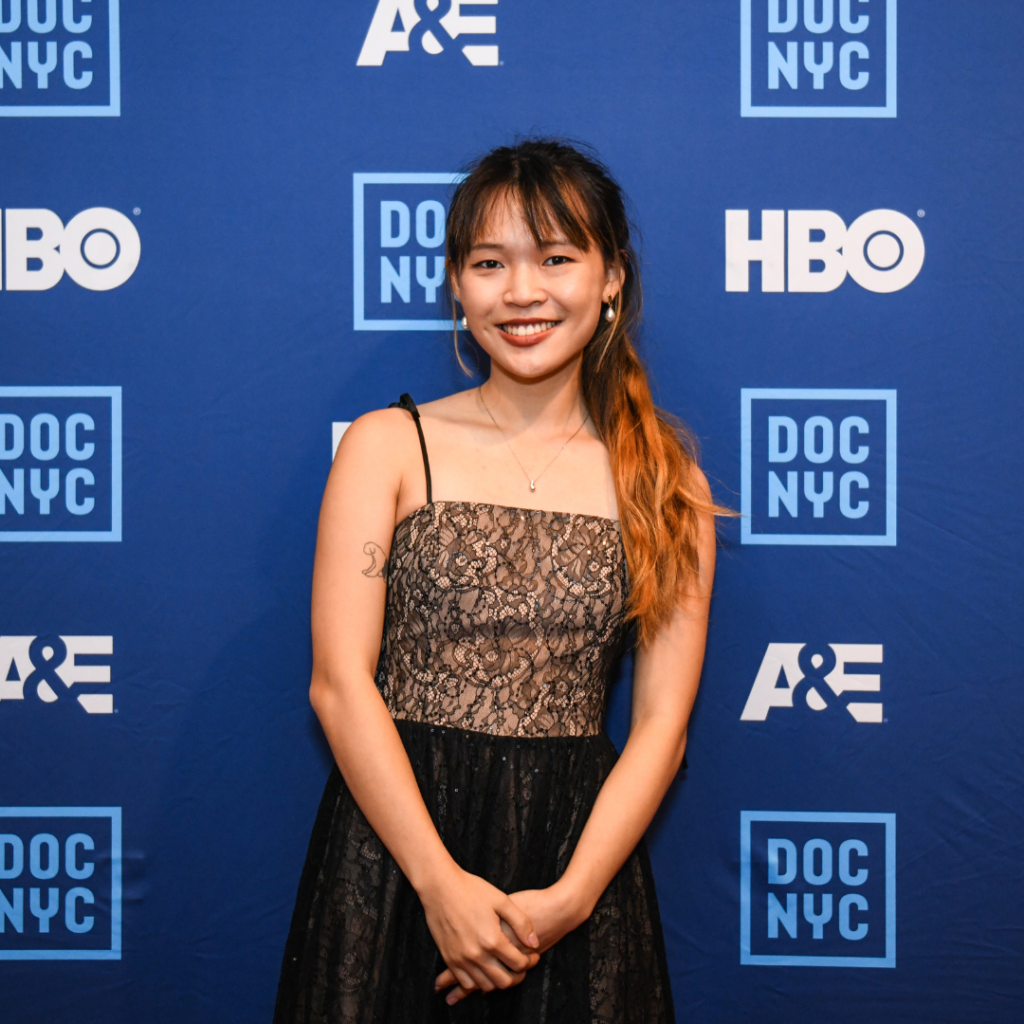Born in Taiwan and currently calling New York City home, Hsi Cheng is a director, writer, and producer. Her work covers a wide-range of topics, including pressing social issues. Hailing from a diverse cultural background, Hsi uses her past experiences to infuse her work with a unique perspective. Some of her work includes the Victorian horror-drama I Heard a Fly Buzz, The Balloons and Find Me, a multi-award-winning documentary about human trafficking that was featured at DOC NYC and the Big Apple Film Festival. She has an upcoming short film, entitled What’s Wrong With Eliza that’s currently in post-production.
What was your upbringing like in Taiwan and how did you eventually end up in NYC?
I grew up in Taiwan in a family that I would say was slightly unconventional by local standards. My parents gave me a lot of freedom to explore my own interests and form my own opinions from a young age. They weren’t strict, but they always made sure I understood the importance of responsibility and making informed decisions. If I could persuade them that I knew what I was doing, they were supportive—whether it was a hobby or a decision to pursue something new.
Despite the occasional family tensions and separations, one thing that always brought us together was our weekly Friday movie theater night. It became a tradition that helped me connect with both my parents and the wider world around me. In a way, I think that experience laid the foundation for my love of film and storytelling.
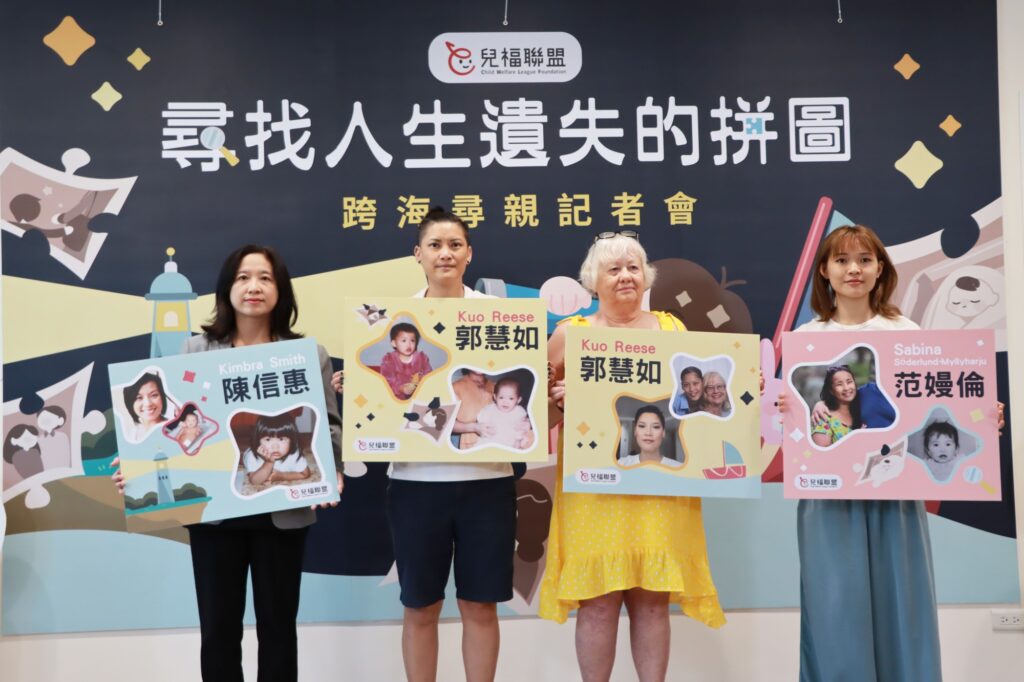
I eventually moved to New York to study filmmaking because I wanted to deepen my understanding of the craft. My English came from watching films, and I saw film as a universal language that could bring people together, despite cultural and geographical differences. I believed, and still believe, that film has this powerful ability to unite people, and that’s something I wanted to explore further.
What specific influences did you carry over from your native country and youth into your filmmaking?
One of the most significant influences I carry from my upbringing in Taiwan is the appreciation for the beauty found in everyday life. In contrast to the larger-than-life heroes often portrayed in American cinema, I’m more drawn to the small, quiet moments—the ordinary acts of living that, when observed closely, reveal profound beauty.
Growing up in Taiwan, I learned to find grace in the simplicity of day-to-day experiences. Whether it’s a brief encounter with a stranger, a shared meal with family, or the stillness of a morning routine, these seemingly small moments are often overlooked but carry immense emotional depth. I believe this focus on the “smallness” of life is something that’s unique to Taiwanese culture. It’s not about grand gestures or high drama, but about appreciating the dignity and beauty of normal, even mundane, human experiences.
I think marginalized communities, in particular, have stories that often go untold in cinema, and it’s in these “smaller” narratives that I find the most power. In my work, I strive to capture that quiet beauty—celebrating the resilience and humanity in the everyday lives of ordinary people.
Your documentary Find Me deals with a victim of human trafficking returning home to her family. What pushed you to explore Kuo’s story?
Not being able to speak fluent Taiwanese and feeling caught between cultural and historical conflicts, I often struggled with a sense of disconnection from my own heritage. I didn’t feel like I truly belonged in Taiwan, even though I called it “home.” But as I traveled and lived in different places, I realized that the further I moved from Taiwan, the more I began to understand its deep influence on my life. In that process, I came to appreciate the complexities of identity and belonging, and how sometimes, you have to leave home to truly find it.
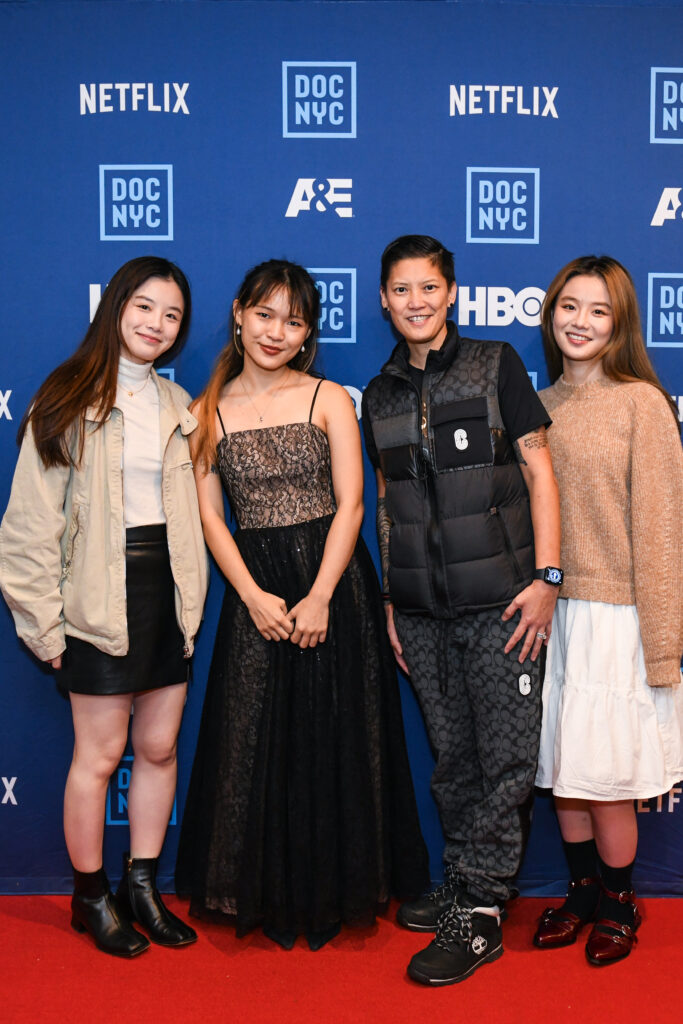
It was this personal journey of rediscovery that made Kuo’s story resonate with me so deeply. When I came across her story on YouTube, I was shocked to learn that such a significant human trafficking case had occurred in Taiwan, the place I once felt disconnected from. It was a story I had never heard before, despite it being so close to home. I reached out to Kuo, who had been a victim of trafficking in the 1980s, and was immediately struck by her openness and resilience.
Her journey mirrored my own in a way—searching for home, searching for a place where she could truly belong. Kuo’s story became an exploration of not only her past and the trauma she endured, but also of the broader search for identity and belonging, which was something I was grappling with too. It became a deeply personal and universal story about the power of finding your way home, no matter how long it takes.
Did Find Me face any pushback when it was in production? Were there any challenges you encountered while making it?
The production of Find Me wasn’t without its challenges. One of the most significant hurdles was the budget. As a small, student-run crew, we had limited resources, and the logistics of traveling to shoot in different locations, especially flying Kuo to Taiwan, were difficult to manage. I had to get creative in securing the funding needed to make the story come to life.
We started a GoFundMe campaign and reached out to local news outlets. Features on Spectrum News and Taiwanese news channel The Reporter helped bring attention to the project and allowed us to raise the necessary funds through crowdfunding, Taiwanese government support, and various NGOs. This financial assistance enabled us to fly Kuo to Taiwan and cover travel and accommodation costs for her and her adoptive mother, Mary, during their visit.
Additionally, as with any documentary, there were logistical hurdles—coordinating schedules, managing translations, and ensuring that our small team could capture the necessary footage within a limited timeframe. But despite these challenges, my crew—Anja Huang, Alex Sarvide, and Mina Huang—was incredibly committed, and we were able to push through, ultimately creating a film that I believe is both meaningful and important.
DOC NYC is the biggest and best documentary film festival in the entire United States, with many Academy Award Winners emerging from within its lineup. What was it like being featured there and getting such great recognition?
This is especially meaningful to me because Find Me is my very first documentary project. To have my work recognized in such a major way at DOC NYC, after nearly two years of hard work, is incredibly rewarding. It’s surreal to be featured alongside such talented filmmakers, many of whom have gone on to be nominated by the Academy, and to see my work celebrated in that context.
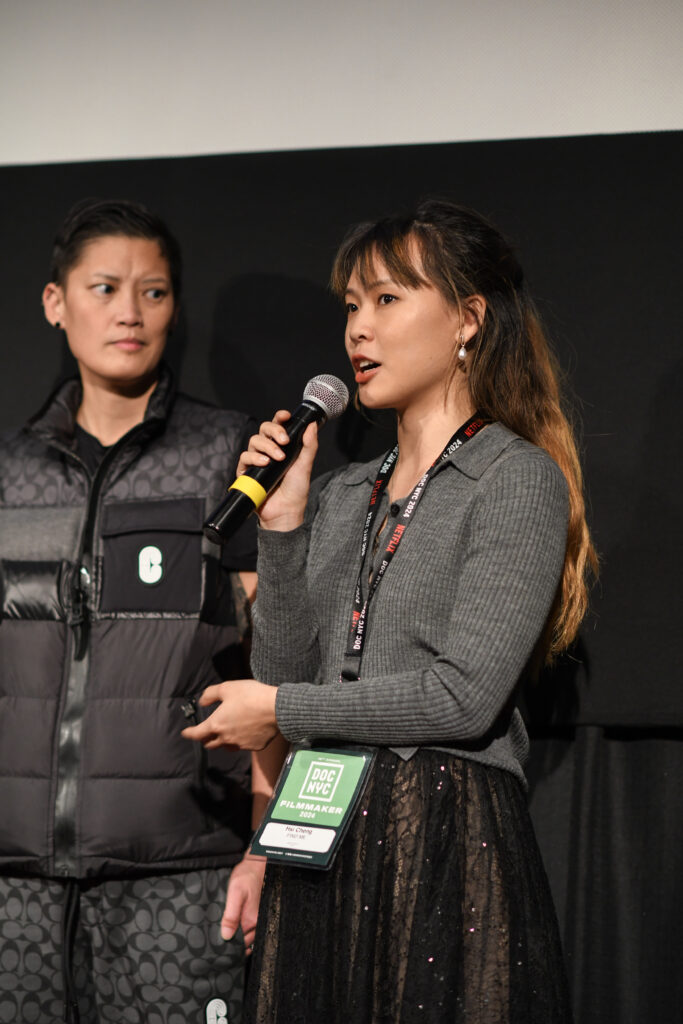
Being a part of DOC NYC U, and receiving the honor of winning the DOC NYC U competition, is a moment I’ll never forget. This recognition has truly solidified my path to becoming a documentary filmmaker. It motivates me to keep pushing my boundaries and to improve with every project.
I’m so grateful to the DOC NYC U jurors for giving me the chance to screen my film at the prestigious Village East by Angelika Theatre, and for supporting my growth as a filmmaker. I won’t take this acknowledgement for granted, and I look forward to returning one day with bigger, more ambitious projects!
The topic of human trafficking is more relevant than ever and there are so many problems that don’t get the attention they deserve. What are some other social/cultural issues you feel aren’t discussed in film enough?
One issue that I believe is often overlooked in film is the life of immigrant workers around the world. Many of these individuals face exploitation, poor working conditions, and deep isolation as they are separated from their families and sent to work in foreign countries, often under unjust circumstances. Their stories—the sacrifices they make, the hardships they endure—rarely get the attention they deserve. These are the voices that remain largely unheard, but their lives are integral to global economies.
There’s also the issue of forced labor camps in Asia, which remains a pressing and underreported topic. For example, many people, particularly from countries like Thailand, are kidnapped and trafficked to Myanmar, where they are forced to participate in telephone fraud operations. These are modern-day slavery situations that often go unnoticed. But at the heart of it, these situations are rooted in systemic exploitation, abuse, and power imbalances that go far beyond financial concerns. It’s a deep, human rights issue that needs more attention. There’s a broader conversation here about how we view and treat workers, particularly those from marginalized backgrounds. In cinema, there needs to be more of a focus on telling the complex, multifaceted stories of those who are often reduced to statistics or stereotypes. Only then can we begin to see and address the true depth of these global issues.
Underrepresented stories matter, with directors like Sean Baker covering the lives of sex workers in Anora and Tangerine. What can you tell us about your upcoming short What’s Wrong With Eliza, which deals with similar themes?
What’s Wrong With Eliza is a project I worked on some time ago before I shifted my focus to documentary filmmaking. It’s a short film about a sugar baby’s encounter with a man who isn’t what he seems. On the surface, it’s a story about a transactional encounter, but I think of it more as a performance piece that explores the emotional and psychological tolls that come with modern dating, especially in an era where women are often expected to navigate complex dynamics around power, intimacy, and their own autonomy.
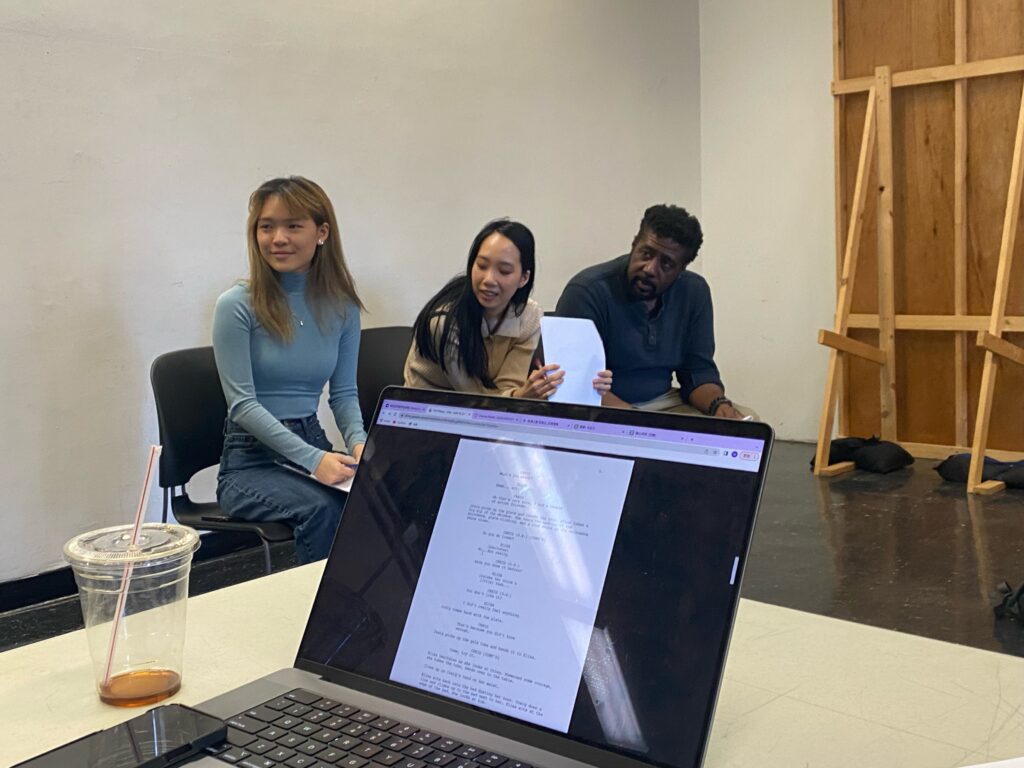
The film was partially inspired by my frustration with the way modern dating has evolved—how, on one hand, there’s less discrimination or judgment about how women choose to treat their bodies, but on the other hand, mental health and emotional well-being are often completely ignored.
The central character, Eliza, is navigating the fragile line between seeing these encounters as mere transactions or as a form of hope—a belief that there might be real emotional connection or understanding, despite the circumstances. In a society that often trivializes or judges women’s choices, the film asks the question: What is the emotional cost of believing in the possibility of genuine connection, even in situations that seem defined by exploitation or manipulation?
The Balloons is about those we hold dear and how that relationship persists through hardships. How did you conceive the short? Do you pull from personal experiences or of those around you?
The Balloons came from a deeply personal experience. I remember being at a funeral for a friend’s family, and in that moment, I felt utterly powerless and weak. I had come to offer support, but I found myself looking to my friend for strength. She, in turn, was the one offering comfort to those around her, despite her own loss. I was struck by how one person, in the face of such profound grief, could still be the source of warmth and strength.
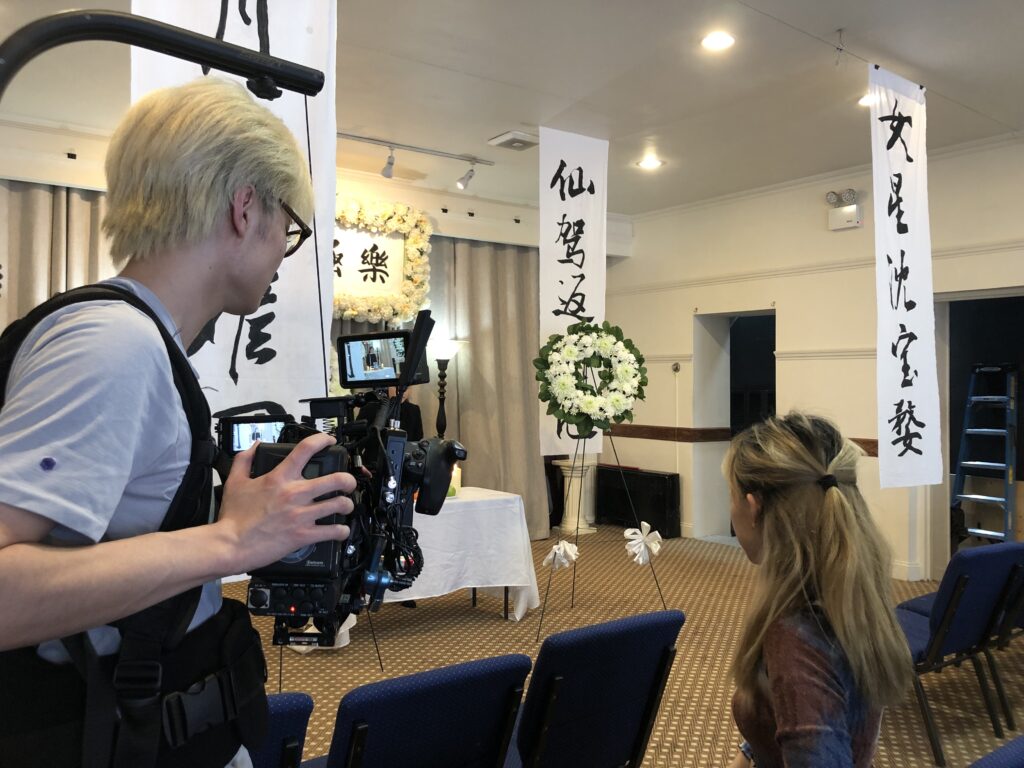
I still think about that day often, and I can feel the tears welling up as I remember it. My friend, whom I won’t name, is the strongest person I’ve ever met. Even now, I’m in awe of her ability to give, even when she has nothing left emotionally to offer. It’s a quiet, profound kind of beauty—being able to provide warmth in the midst of pain.
I made The Balloons to capture that moment, that raw gift she gave me without even knowing it. It’s a reminder of the power of human connection, of how we give to each other in times of hardship, even when we feel we have nothing left to give. The film is a tribute to that strength and to the way relationships persist through life’s most difficult moments.
The cinematography of The Balloons is also quite fascinating. It’s soft, almost dreamlike. How did you and Director of Photography Hant Wang determine its visual style?
Han Wang, our incredibly talented DP, played a huge role in shaping the visual style of The Balloons. The soft, dreamlike quality was intentional, and there were a few reasons behind it. First, we wanted the film to feel like it was experienced from the point of view of the main character. We were aiming to capture that disorienting, fragile feeling of being emotionally broken and scared. The handheld shots, with their shaky, unstable movement, were a way to communicate that vulnerability.
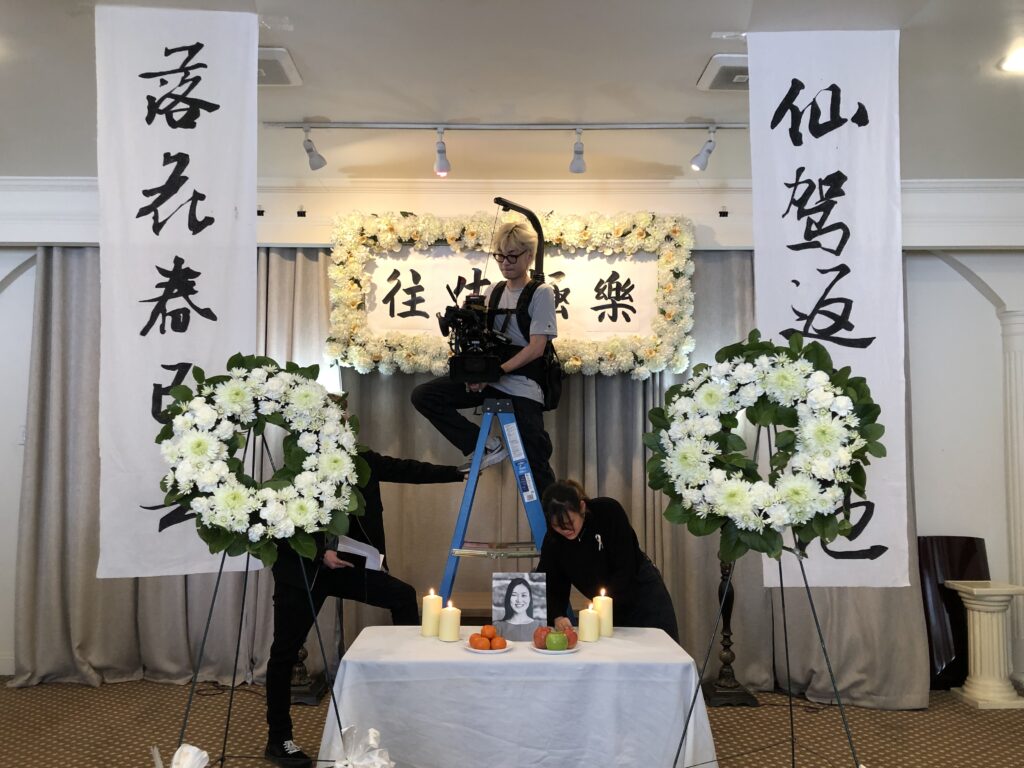
Another challenge we faced was the time constraint we had on location. We didn’t have the luxury of long hours or perfect lighting setups, so Han had to work quickly and creatively to make the most of what we had. And honestly, he pulled off a miracle. His ability to capture those intimate moments with such sensitivity, while maintaining the emotional intensity of the film, was incredible.
The softness of the cinematography also helped to convey the emotional undertones of the story—the sense of memory, the blurring of past and present, and the way emotions can sometimes feel out of focus or hazy. Han’s vision really brought that feeling to life, and together, we created something that’s both visually striking and emotionally resonant.
What are some of your personal favorite films? What directors/fellow creatives inspire you?
I have so many favorite films, but if I had to pick one recent documentary that truly moved me, it would be Black Box Diary by Shiori Ito. It’s one of the most powerful documentaries I’ve seen in recent years. The film follows Ito’s personal journey as a victim of rape and her courageous decision to investigate her own case, all while Japanese society seems to push back against her.
What really struck me about this film was the way it gave voice to the complexity of women’s mental strength. Ito’s vulnerability and bravery were so raw and honest. She wasn’t just telling her story; she was using her own painful experience to shine a light on a broken system and to advocate for justice, not only for herself but for other victims. Her commitment to confronting societal taboos and fighting for what’s right, despite the personal cost, is deeply inspiring. It’s the kind of courage I hope to embody in my own work—using my art to make a difference, to be vulnerable in a way that might create change and allow others to feel seen.
That ability to balance vulnerability and strength, and to tell a deeply personal story with such universal impact, is something that I aspire to achieve in my own filmmaking. Shiori Ito’s work has made a lasting impact on me, and it reminds me of the power of telling stories that truly matter.
What is your method to directing actors on screen? Do you usually write with specific talent in mind or do you create the characters first and go through a casting process?
I usually start by writing the characters first. I think the foundation of any good story is the character’s arc, and I like to focus on that before I even think about casting. While I do have a few actors I’ve worked with and admire, I’m always open to exploring other options, as the right person for the role might not always be the one I initially envision.
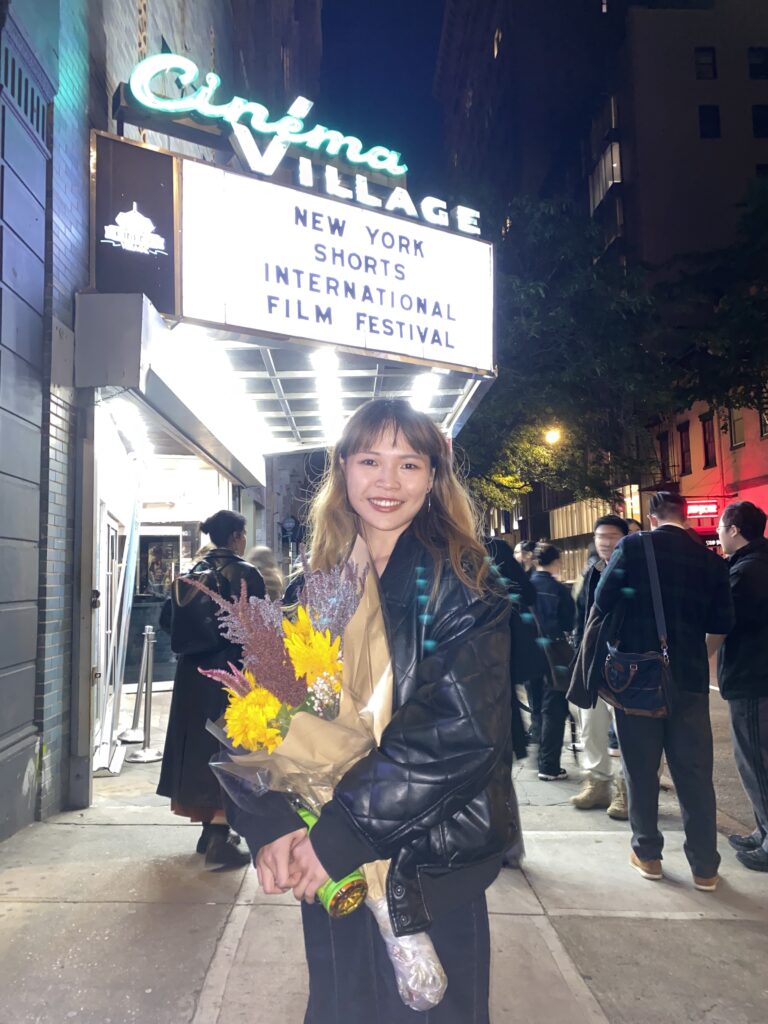
I’m not sure I’m the best at giving specific direction to actors, but I have a lot of respect for the craft. I understand how difficult it can be to be vulnerable in front of a whole crew, and I always try to create a comfortable space for my actors to express themselves. Before we start filming, I like to have deep conversations with them about the character and the emotional journey they will go through. I encourage them to pull from their own experiences and feelings as references, because I believe that’s when the most authentic performances emerge.
Actors have a special kind of bravery that I deeply admire—the willingness to expose their vulnerability in front of a camera and a team. It’s an art in itself, and I try to give them the space and support they need to bring the character to life in a way that feels honest and grounded.
What are your future plans beyond releasing What’s Wrong With Eliza? Any other projects we can look forward to?
Beyond releasing What’s Wrong With Eliza, I’m also excited to share my other short film I Heard a Fly Buzz, which premiered at the New York International Short Film Festival last November. It’s another project close to my heart, and I’m looking forward to seeing how it resonates with audiences.
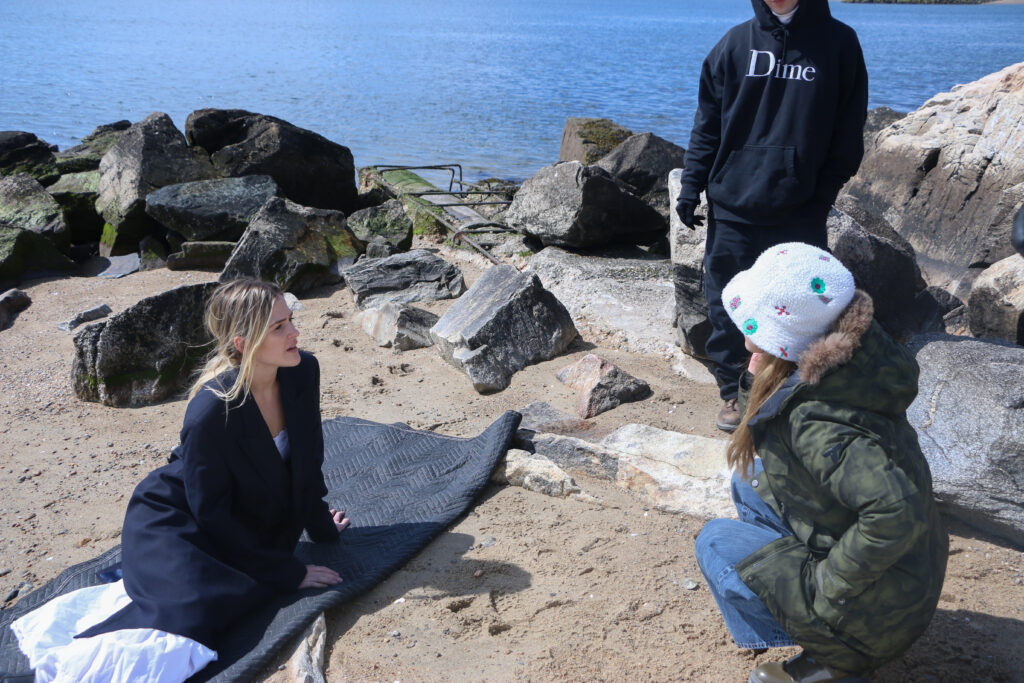
However, I’m planning to step away from narrative directing for a while and shift my focus primarily to documentary work. I’ve been working with a great documentary team on several projects, and I’m excited to continue developing these stories. My hope is to continue making impactful projects that explore social issues and bring light to underrepresented voices. Documentary filmmaking allows me to engage with the world in a deeper, more meaningful way, and I’m eager to keep practicing, learning, and contributing to conversations that matter.

